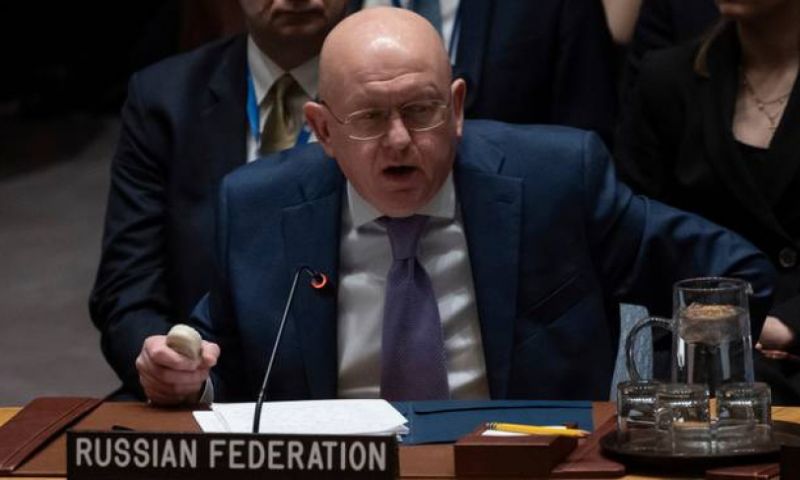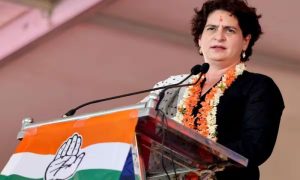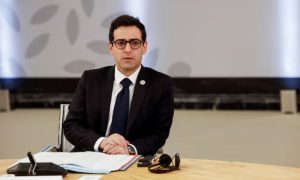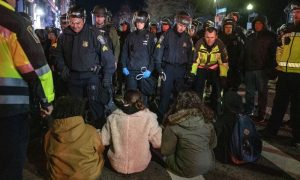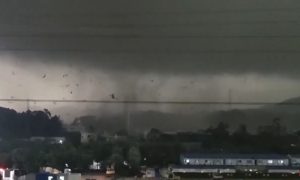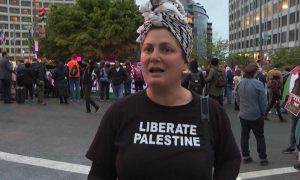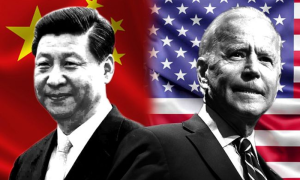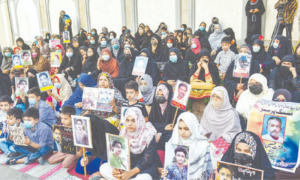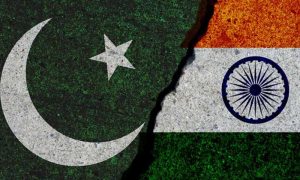UNITED NATIONS: Russia faced a mounting backlash Friday after using its veto power to effectively end official UN monitoring of sanctions on North Korea amid a probe into alleged arms transfers between Moscow and Pyongyang. This decision comes amidst an ongoing investigation into alleged arms transfers between Moscow and Pyongyang.
Russia’s veto at the UN Security Council on Thursday obstructed the renewal of the panel of experts tasked with scrutinizing violations linked to North Korea’s proscribed nuclear and ballistic missile programs. The move triggered strong condemnation from various quarters, with South Korea’s foreign ministry denouncing it as “irresponsible.”
Seoul has accused Pyongyang of shipping various containers of weapons to Moscow for potential use in Ukraine, likening Russia’s veto to “destroying a CCTV to avoid being caught red-handed,” according to Hwang Joon-kook, South Korea’s UN ambassador.
Echoing this sentiment, the European Union characterized Russia’s action as an attempt to “conceal unlawful arms transfers” between North Korea and Russia within the context of the latter’s involvement in Ukraine’s conflict.
The United States joined the chorus of criticism, labeling the vote as a “self-interested effort to bury the panel’s reporting on its own collusion” with North Korea. State Department spokesman Matthew Miller accused Moscow of undermining international peace and security to advance its agenda.
With the panel’s mandate set to expire at the end of April, concerns mount over the oversight of North Korea’s compliance with sanctions imposed since 2006. Russia and China have sought to ease these sanctions since 2019, advocating for their modification despite international divisions on the issue.
China Opposes Blind Sanctions on North Korea
China, while abstaining from the veto, reiterated its opposition to “blindly supporting sanctions” on North Korea. Chinese foreign ministry spokesperson Lin Jian emphasized the need for a political solution, underscoring that confrontations at the UN Security Council are counterproductive to its authority.
Russia’s UN envoy Vasily Nebenzia defended the veto, arguing that the panel’s focus on trivial matters did not align with the severity of the issues facing the Korean Peninsula. However, critics argue that additional sanctions levied in recent years have failed to deter North Korea’s weapons development activities.
Recent tests conducted by Pyongyang, including a solid-fuel engine for an intermediate-range hypersonic missile, have intensified concerns. Reports suggesting North Korea’s potential transfer of cruise missiles to Moscow for use in Ukraine have further fueled apprehensions.
The UN sanctions panel reported North Korea’s continued defiance of sanctions, including ballistic missile launches and breaches of oil import limits. The panel is also investigating alleged arms shipments from Pyongyang to Russia for deployment in Ukraine.









